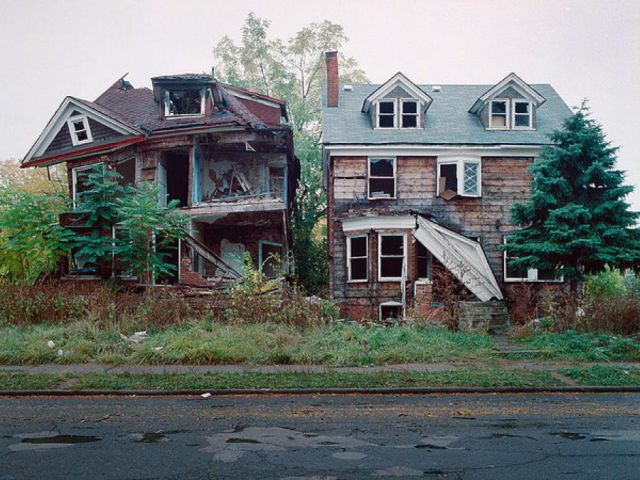I read somewhere that in the long run house prices only keep up with inflation, hot markets excepted. So, houses are not great investments.
I did not expect to make money from my homes, and if I get out what I put into them, it is fair. The operating expenses such as maintenance, utilities, tax, and insurance are the costs to use and enjoy them, hence sunk costs. Houses are still better than other personal properties because they generally hold their value, compared to cars, boats, RVs, and airplanes.



 I am such a worrier.
I am such a worrier.